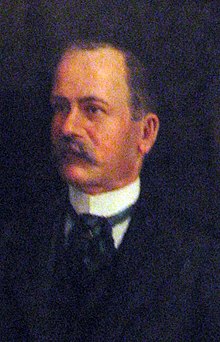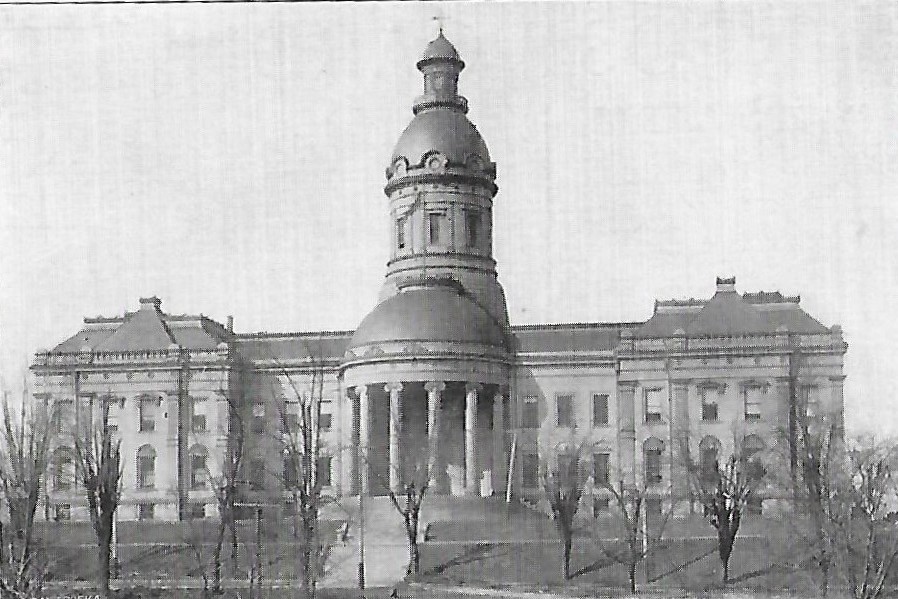By 1808Delaware
Over the last two centuries, Delaware County has produced a remarkable set of individuals who have led lives of discovery. This “Delaware County Roots” series reveals short insights into the lives of the well-known and less commonly known people born here, or who lived here, and then went on to make significant contributions to state, regional, or national history.
On a July morning in 1835, in rural Delaware County, a future American political leader was born.
The location of his birth in what was then Peru Township was made a part of Morrow County when that county was created in 1848. It lies immediately east of the village of Ashley along SR229.
Albert Pickett Morehouse would go on to become a pillar of the Missouri community and serve as its 26th Governor of the state. His life and career were marked by tenacity, dedication, and a commitment to public service, but also by personal tragedy.
Morehouse moved to Maryville, Missouri, in 1856 after being admitted to the bar. His journey westward hinted at a man seeking opportunity and willing to adapt to changing circumstances. This sense of adventure and commitment served him well in his adopted state, helping him forge a path in law, journalism, and eventually, politics.

Morehouse’s character was forged not only in the courtroom but also on the battlefield. With the onset of the American Civil War, he moved to Graham, Missouri, where he taught school and eventually joined the Missouri State Militia. During this time, he met his future wife, Mattie McFadden, laying the foundations of his personal life amid the tumult of conflict.
Following the war, Morehouse resumed his law practice, founding the Nodaway Democrat in 1872, a publication that would later become the Maryville Daily Forum. His influence began to spread through his community and beyond, as he used his platform to advocate for education and development in the state.
Morehouse’s political career took flight in 1876 when he was elected to the Missouri House of Representatives, defeating H.M. Jackson by a margin of 197 votes. His legislative tenure was marked by his relentless pursuit of education reform. His efforts eventually led to the establishment of Northwest Missouri State University, a testament to his vision and dedication to the people of Maryville.
As the 1880s dawned, Morehouse’s political star continued to rise. He was re-elected to the state house in 1882 and ascended to the role of Missouri’s Lieutenant Governor in 1884. His commitment to public service culminated when he assumed the governorship upon the death of John S. Marmaduke in December 1887. As Governor, Morehouse led with distinction, navigating significant challenges such as local liquor laws, labor assembly organization, and railway strikes.
The photo below is of the Missouri State Capitol building which Morehouse knew; it was destroyed by fire in 1911 and replaced by the current structure.
Post-governorship, Morehouse returned to Maryville, where he continued to contribute to the community through a real estate business. But, as is often the case, life was not without its tragedies. In September 1891, Morehouse succumbed to an unfortunate accident and ensuing health crisis. His sudden passing shocked the community he had served so passionately, leaving a void in the heart of Missouri politics.
Today, Albert P. Morehouse is remembered as a man who left a profound mark on his state and his community. His dedication to public service and commitment to education reform continue to echo in the hallowed halls of Northwest Missouri State University. His legacy also lives on in the City of Morehouse, Missouri, a namesake testament to his life and service.










